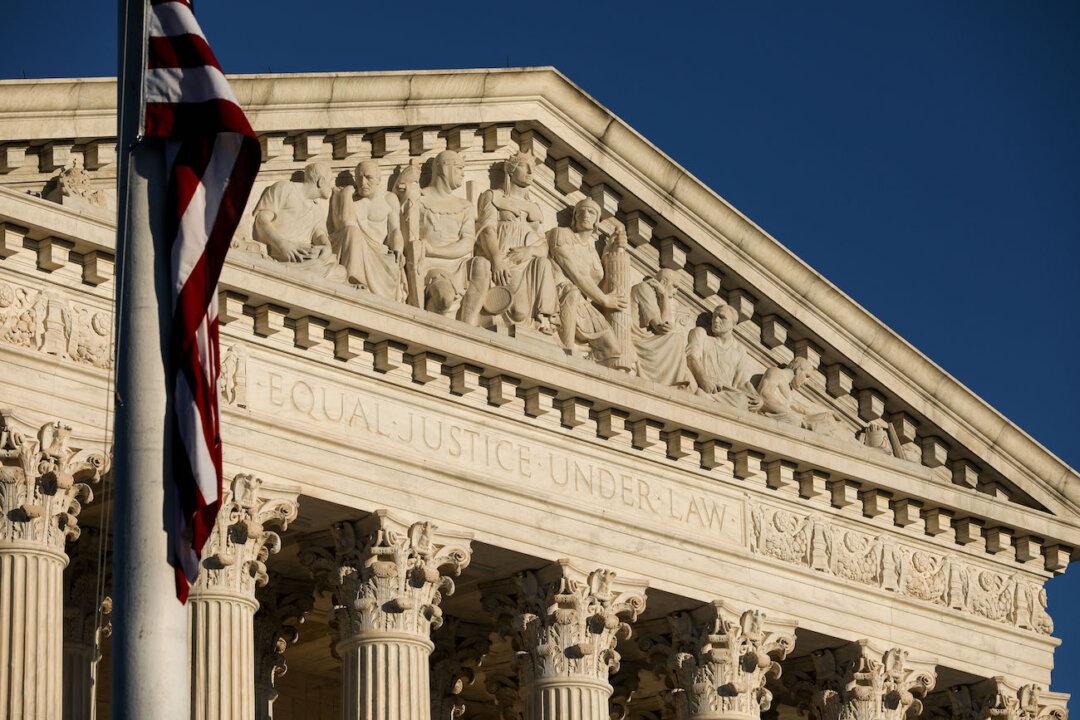Lawyers for both the Biden administration and a longtime illegal alien who falsely stated he was a U.S. citizen on a driver’s license application told a skeptical Supreme Court on Dec. 6 that a federal appeals court erred when it ruled a deportation order against the man should be allowed to stand.
How the high court rules in this case could create a legal standard regarding how much, if any, discretion judges have in cases in which aliens are seeking green cards.





